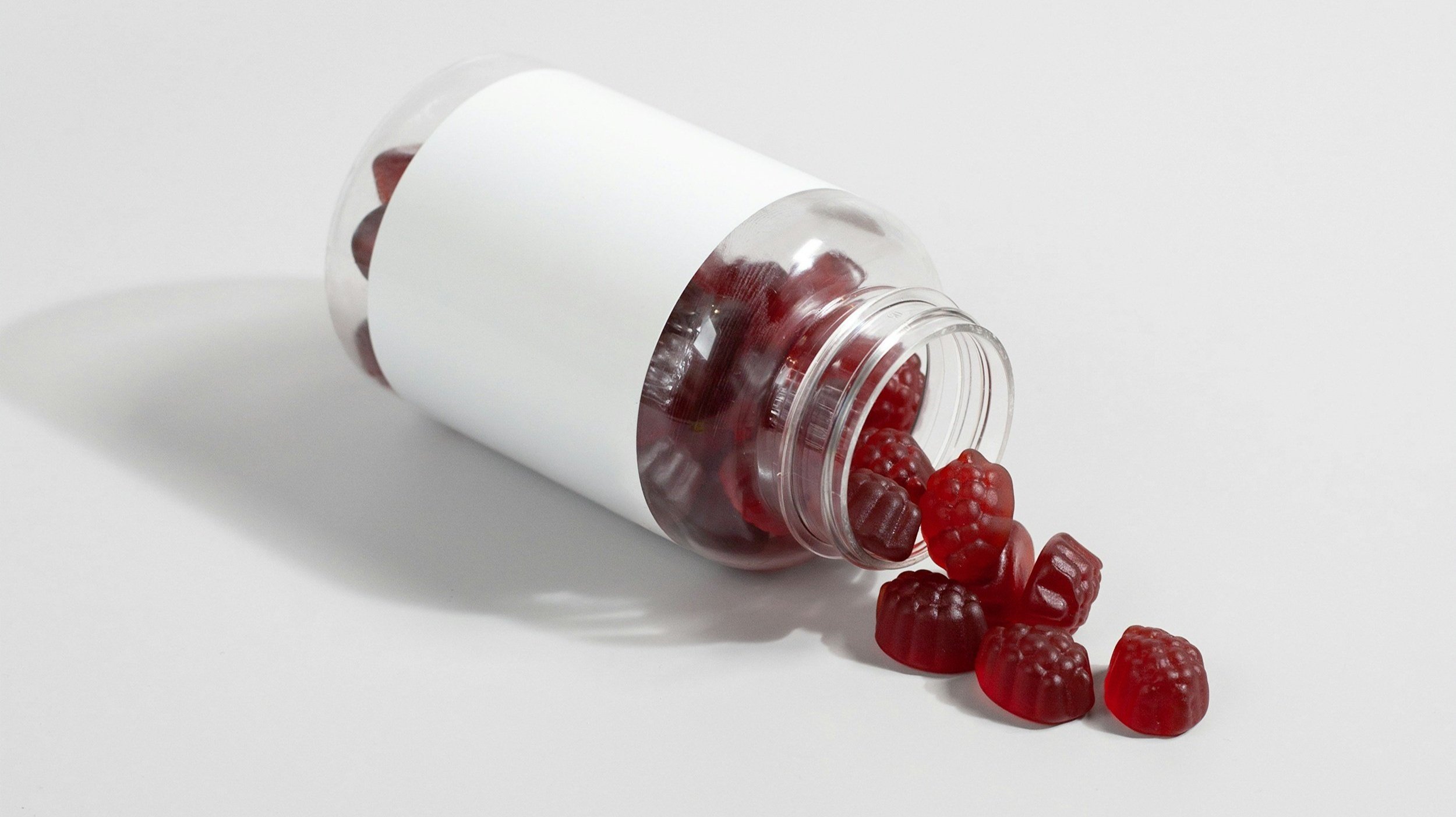Understanding Collagen: How It Affects Skin Aging
Have you ever found yourself wondering why your skin doesn't bounce back like it used to? I know I have… especially lately. Turns out, the answer lies largely in a crucial protein: collagen. Collagen plays a key role in keeping our skin firm, plump, and youthful, which is why knowing about it can help us keep our skin in its top shape. With that…. let's dive into what collagen actually is and why it matters so much for skin aging.
So… what is collagen?
A simple way to think of collagen is as your skin's support structure. It's a structural protein that forms a complex network of fibers in your skin, giving it its strength, elasticity, and firmness. In addition to its structural function, collagen is also involved in skin healing and regeneration, adding to its crucial role in skin health and youthful appearance. When we're young, our skin is rich in collagen, which is why children and teenagers typically have such bouncy and resilient skin.
What happens to collagen as we age?
Starting in our mid-20s, our bodies naturally produce about 1% less collagen each year (!!!). It's like a slowly deflating balloon – as collagen production decreases, our skin gradually loses its firmness and starts to show signs of aging:
Fine lines and wrinkles begin to appear
Our skin becomes less firm and elastic
The youthful "bounce" to our skin starts to diminish
Skin texture becomes less smooth
What speeds up collagen loss?
Though we may not always have our skin’s collagen top of mind, things that we do every day can have an impact on it. Several factors that can accelerate collagen breakdown include:
Sun exposure (this is the biggest culprit!)
Smoking
Poor diet (especially lots of sugar)
Lack of sleep
High stress levels
Environmental pollution
But don’t despair…the good news is that you can support your skin’s collagen. Next, we’ll go through what you can do to support your skin’s collagen.
How can you support your skin's collagen?
While we can't completely stop natural collagen loss, there are things we can do to slow it down. It comes down to 1) protecting your existing collagen, and 2) supporting new collagen production. Below are a couple of easy ways to do this:
Protecting Your Existing Collagen
Wear broad-spectrum sunscreen daily (even on cloudy days, and even when you’re indoors all day!)
Stop smoking and avoid secondhand smoke
Get adequate sleep (aim for 7-9 hours)
Manage stress levels, such as with exercise or other relaxation techniques
Consider collagen supplements (however, make sure you check the research and find the RIGHT kind that is actually proven to be effective)
Support New Collagen Production
Eat a balanced diet rich in:
Vitamin C (found in citrus fruits, berries, and leafy greens)
Protein (lean meats, fish, eggs, and legumes)
Antioxidants (colorful fruits and vegetables)
Stay hydrated
Consider adding collagen-supporting skincare ingredients to your skincare routine, such as:
Retinoids
Peptides
Vitamin C
Basically what it boils down to is living a healthy lifestyle… and incorporating these practices into your routine can help you maintain your skin’s youthful bounce as much as possible.
The bottom line?
While collagen loss is a natural part of aging, understanding how it works can help us make better choices for our skin health. By protecting existing collagen and supporting new collagen production, we can help our skin age more gracefully.
And remember, healthy skin is a perpetual process. And while the best time to start caring for your skin’s collagen was yesterday, the second-best time is today! 💜



